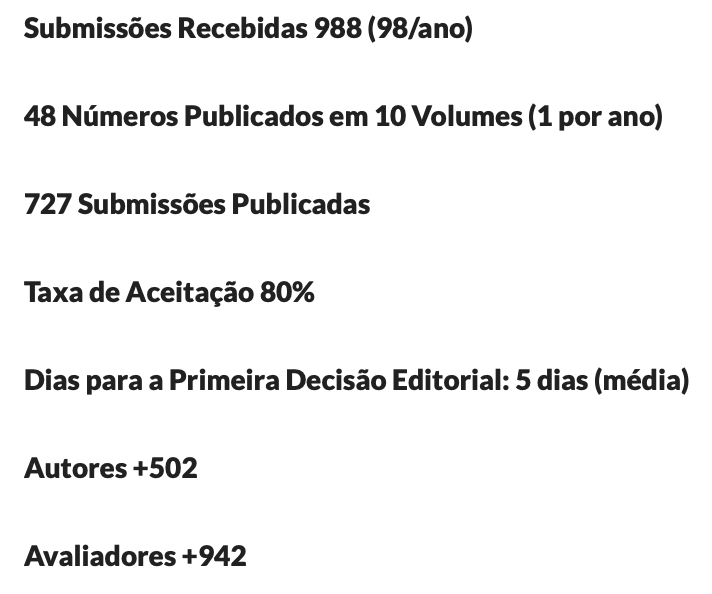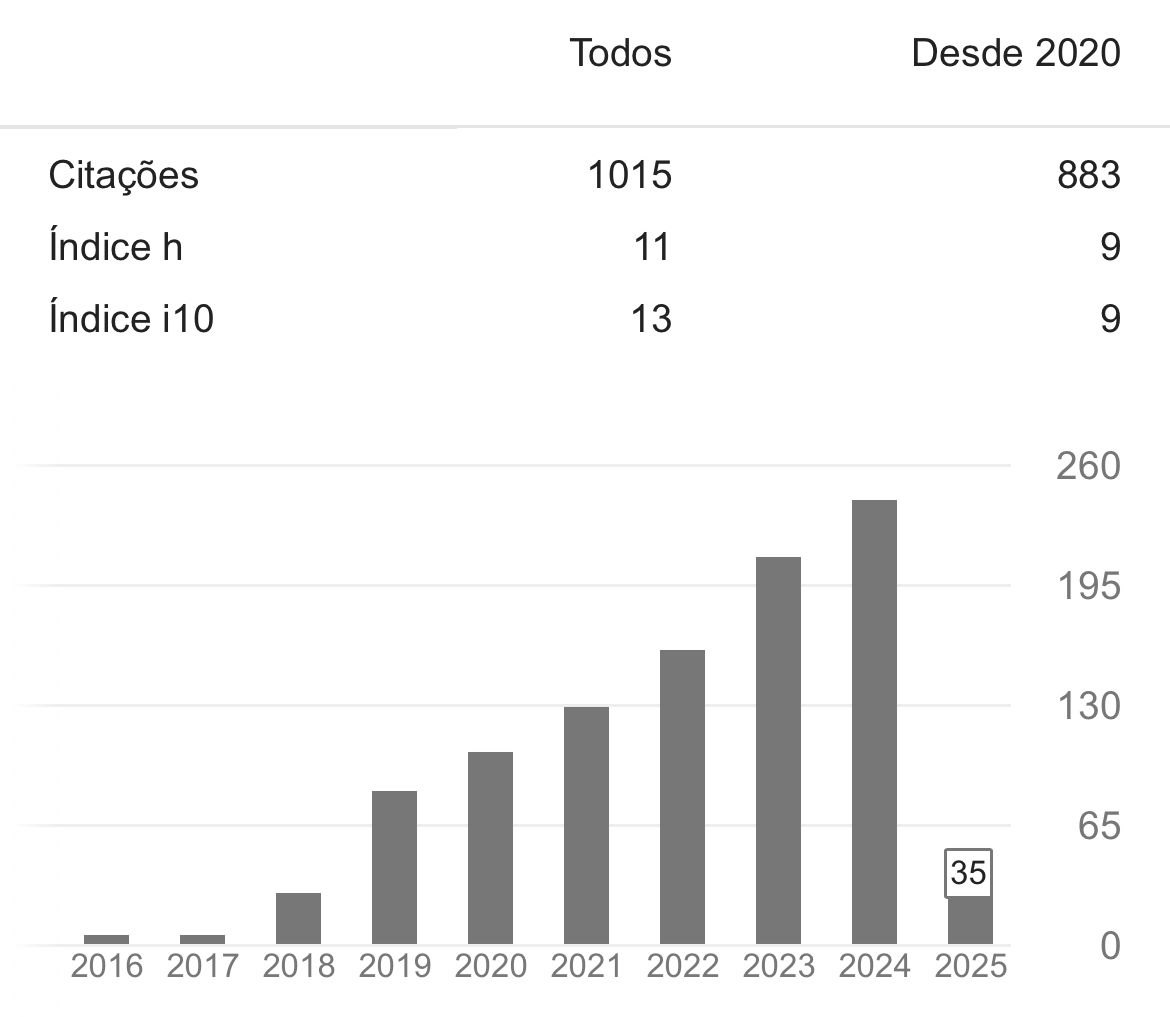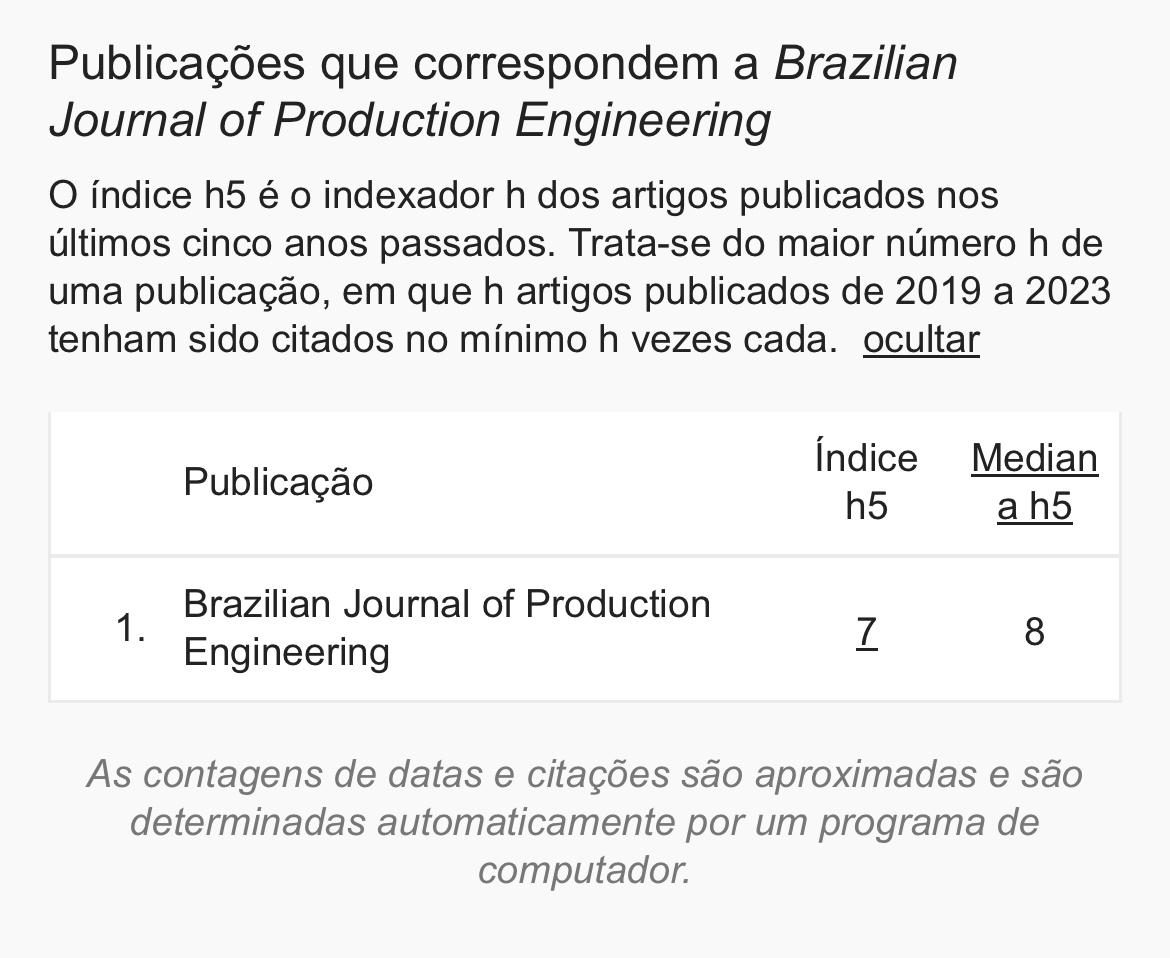About the Journal
Mission: BJE's mission is to promote the dissemination of high-quality scientific knowledge, contributing to the advancement of science and technological innovation. It aims to be a platform of excellence where researchers from different areas can share their findings, promote the exchange of ideas and encourage the development of solutions to contemporary challenges.
Goals:
Academic Excellence: Publish original, rigorously peer-reviewed research that advances knowledge in their respective fields.
Accessibility and Inclusion: Making scientific knowledge accessible to everyone, regardless of their background or geographic location.
Interdisciplinarity: Encourage collaboration between different disciplines, promoting innovative and integrated approaches.
Engagement with Society: Disseminate research results in a clear and understandable manner to the non-specialized public, contributing to scientific education and socioeconomic development.
Ethics and Integrity: Maintain the highest standards of ethics and integrity in publishing and disseminating research.
Vision: To be recognized as a national and international reference for the quality and relevance of published research, acting as a catalytic agent in scientific progress and improving quality of life. With this commitment, we seek to inspire and support researchers, students, professionals and society in general to engage in scientific and technological development, promoting a more innovative and sustainable future for Brazil and the world.

















































































